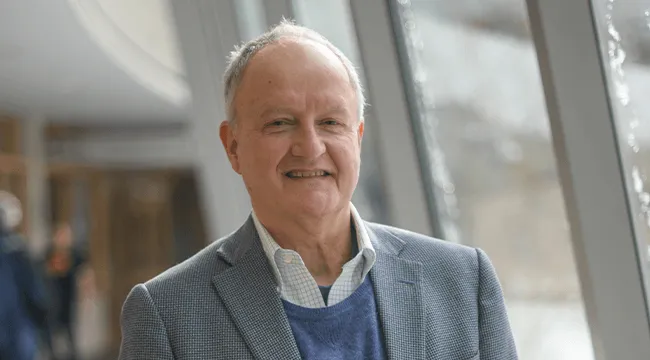Research shows that the approach, known in addiction treatment as “contingency management,” or CM, produces better outcomes for stimulant addiction than counseling or cognitive behavioral therapy. Follow-up studies of patients a year after they successfully completed programs show that about half remained stimulant-free.
Positive reinforcement treatment has been a game changer for staff as well as patients, said Rawson, a research psychologist at the University of Vermont and UCLA who consults with states implementing CM.
“Urine testing was always about catching people using drugs and employing sanctions, like kicking them out of housing or treatment,” he said. “But now when they test positive, we say, ‘In two days, you can earn a gift card if you can get from here to there without using. So what can you do to be successful?’”
Often patients who know that they will test positive will show up for appointments anyway, seeking connection and nonjudgmental support, Rawson said.
